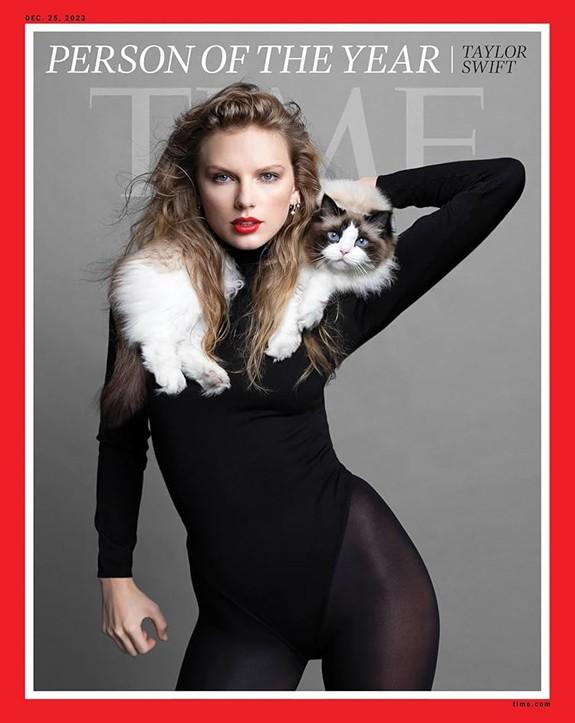
As a marriage and family counselor for more than fifty years, I know that everyone believes in love, though not everyone practices what we know. Many of us also believe in love and marriage. For those who visit my website, you have seen my welcome video, “Confessions of a Twice-Divorced Marriage Counselor.” I am very open about the challenges I faced and why my first two marriages ended in divorce.
I also share what I’ve learned since marrying Carlin forty-six years ago. I describe the seven secrets that she and I learned along the way and how our relationship has grown closer and more intimate through the years. You can read about them here. The poet-philosopher David Whyte expands the concept of marriage. In his book The Three Marriages: Reimagining Work, Self and Relationships he says,
“Human beings are creatures of belonging, though they may come to that sense of belonging only through long periods of exile and loneliness.”
Most of us have experienced the feelings of exile and loneliness that Whyte describes. I found Whyte’s description of the three marriages to be very helpful.
“This sense of belonging or not belonging” says Whyte, “is lived out by most people through three principal dynamics:
- First through our relationship to other people and other living things (particularly and very personally, to one other living, breathing person in relationship or marriage);
- Second, through work,
- Third, through an understanding of what it means to be themselves, discrete individuals alive and seemingly separate from everyone and everything else.”
Following my two divorces, and after the initial shock, loss, and confusion, I looked back over my relationship life and realized the love I had for my work rivaled the love I had for my wives and I worried and wondered if my time spend involved with my work had caused by two previous marriages to fail. It was only years later, deep into my third marriage with Carlin, that I came to understand the importance of all three marriages.
David Whyte says,
“To neglect any one of the three marriages, is to impoverish them all, because they are not actually separate commitments but different expressions of the way each individual belongs to the world.”
This one sentence forever changed my views of love and marriage forever.
In recent years I have come to believe that there is a fourth marriage that has been invisible to most of us. It is like water for fish who are immersed in from the beginning of life, so are never aware of their deeper connection. I believe that our connection to the human tribe is a fourth marriage.
I first became aware of this marriage from Daniel Quinn, the author of the book Ishmael. In his book, Beyond Civilization: Humanity’s Next Great Adventure, he says,
“The tribal life and no other is the gift of natural selection to humanity. It is to humanity what pack life is to wolves, pod life is to whales, and hive life is to bees.”
He goes on to say,
“People are fascinated to learn why a pride of lions works, why a troop of baboons works, or why a flock of geese works, but they often resist learning why a tribe of human works. Tribal humans were successful on this planet for three million years before our agricultural revolution, and they’re no less successful today.”
However, humans have become disconnected from what works for all our fellow travelers in the community of life on planet Earth. Thomas Berry, was a “geologian, and a historian of religions. He spoke eloquently about our connection to the Earth and the consequences of our failure to remember who we are.
“We never knew enough. Nor were we sufficiently intimate with all our cousins in the great family of the earth. Nor could we listen to the various creatures of the earth, each telling its own story. The time has now come, however, when we will listen or we will die.”
This fourth marriage connects us to the reality of our human tribe and is our lifeline to the community of life on planet Earth. Like many people who are blind-sided when a seemingly solid marriage ends in divorce, our human survival is under threat, but most of us don’t see it.
According to scientist Gregg Braden,
“Scientists, engineers, and philosophers warn us that without a radical shift in our thinking, we are on track to be the last generation of pure humans that the world will know. Within a single generation we will devolve into a hybrid species of synthetic bodies, Artificial intelligence (AI), and computer chips that limit our ability to think, to love, and to adapt to the conditions of the emerging world in a healthy way.”
David Whyte’s recognition of the importance of embracing the first three marriages, I believe, is also true of the fourth one.
“Each of these marriages is, at its heart, nonnegotiable,” says Whyte. “We should give up the attempt to balance one marriage against another, of, for instance taking away from work to give more time to a partner, or vice versa, and start thinking of each marriage conversing with, questioning or emboldening each of the other two.”
Understanding Our Marriage to an Intimate Partner and Our Marriage to Our Work
The great psychoanalyst Sigmund Freud said,
“Love and work are the cornerstones of our humanness.”
I know in my own life, my work helping men and women who love them is truly nonnegotiable as is my love for my wife, Carlin. David Whyte offers us additional insights.
“We can fall in love with a work as easily or as accidentally as we can with a person.”
For me, the seeds of my work in the world came to me early. As a five-year-old boy I watched my father slip into depression when he couldn’t make a living supporting me and my mother as a playwright. After he was hospitalized after taking an overdose of sleeping pills, I knew I wanted to be a healer and eventually went to medical school to begin my career.
Whyte says,
“To glimpse our vocation, we must learn how to be sought out and found by a work as much as we strive to identify it ourselves. Finding and being found is like mutual falling in love.”
It was similar to the feeling I had as Carlin and I found each other.
“What of love’s first glimpse for a woman?” asks Whyte. “It brings to mind the old saying that a man falls in love with what he sees and a woman falls in love with what she hears.” Whyte goes on to say, “Most recent scientific research seems to reinforce the woman’s attentive emphasis on verbal and relational rather than visual clues: clues to sincerity, clues, perhaps, as to whether the man is really capable of seeing her.”
Understanding Our Marriage to Ourselves and Our Human Tribe
In my previous article, “Never Give Up on Love: Seven Secrets for a Love That Lasts Forever,” I described my marriage to Carlin evolving through time and our decision to reassess our marriage every fifteen years since who we are as individuals changes dramatically over time.
“Perhaps the most difficult marriage of all,” says David Whyte, beneath the two visible, all-too-public marriages of work and relationship—is the internal and often secret marriage to that tricky movable frontier called ourselves. It is the marriage to the one who keeps changing at the center of all the outer relationships while making promises it hopes to God it can keep.”
We often neglect this internal marriage and as a result we can easily make ourselves hostage to the externals of work and the demands of our relationship partner. We find ourselves unable to be successful in our outer marriages because we have no inner foundation from which to connect from a place of self-confidence. We fling ourselves in all directions in our outer lives, looking for love in all the wrong places (the title of one of my best-selling books.)
“We spend so much time attempting to put bread on the table or holding a relationships together,” says Whyte, “that we often neglect the necessary internal skills which help us pursue, come to know, and then sustain a marriage with the person we find on the inside.”
Further, if we don’t have a deep and abiding connection with that person on the inside, we will find it much easier to feel that humanity has made a hopeless mess of the world and the world would be a better place without us.
In his book, Pure Human: The Hidden Truth of Our Divinity, Power, and Destiny, Gregg Braden predicts that we are on the brink of two irreversible choices.
“If we continue on the current technological path, guided by the current trends in thinking, by the year 2030 we will have made the ultimate choice. We will either be locked into a ‘futuristic’ society of human-machine hybrids where we’ve traded our cherished qualities of intuition, empathy, creativity, and the soul-stirring bonds of love, intimacy, and sexual conception for the convenience of AI that creates our music, poetry, art, and virtual realties that replace relationships and human contact.”
Weaving the Four Marriages Together
I learned an important lesson about how these four marriages can be integrated in our lives from a Native American basket weaver. She described our life as a basket woven from many different strands, each essential for a strong container. Each part of our life is one strand in this basket. In this case think of each of the four marriages as a strand, each equally important for making a beautiful life basket.
She explained to me that it is impossible to weave multiple strands at the same time; we need to attend to the strand that requires our attention without losing awareness of the others. Every strand will get our attention—just not all at the same time. My friend and colleague Eric Maisel calls this, “doing the next right thing.”
These are challenging times we are living in today. I believe we should never give up on love and the kind of marriages that only humans can have. I look forward to your responses. Come visit me at MenAlive.com. You can sign up for my free newsletter and read my weekly articles here.
The post Never Give Up on Love: Embrace the Four Marriages That Make Life Meaningful appeared first on MenAlive.


















